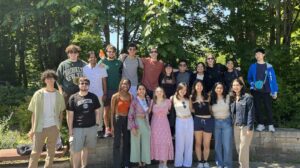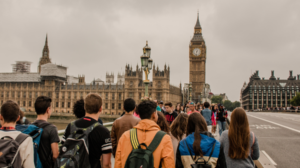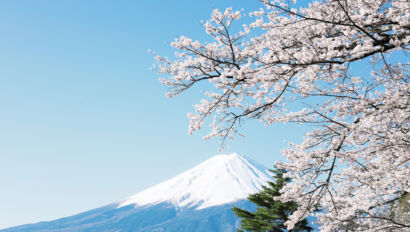Xhosa and Other Languages of South Africa
There are eleven official languages of South Africa, with the most popular being Xhosa, Zulu, and Afrikaans. Xhosa, from the Eastern Cape, is the famous language that includes clicks; there are three separate clicks that one can make (for the letters q, x, and c) and each one is difficult for an American who has never tried before. We received a lesson in Xhosa this week in preparation for service learning with some children who speak the language.
Our teacher, a singer and actress by occupation, was a woman who commanded the stage and made learning a bit of the language easy. She taught us standard greetings like molweni nonke which means “hello everyone” and kunjani which means “how are you.” We also learned that when a Xhosa person greets you, they will ask about your health before they ask your name; they consider a person’s well being to be most important. Our instructor taught us that the most common phrases you will hear in communities is ndinetres or “I’m stressed” and hayi shem, uxolo! which means “oh shame, sorry!” A xhosa person will use that in almost any situation, whether actually stressful or not.
Our teacher jokingly displayed frustration at her language because when greeting a group of people, one always uses the male pronoun if a man is present. If she shows up to a friends party who has never met her husband, the friend will still greet her with molweni bhuti or “hello brother.” That is another interesting thing about the culture, everyone is referred to in a familial way. You show respect to anyone who could be your parents age by calling them mama (mom) or tata (dad) and refer to people your age as sisi (sister) or bhuti (brother). As the class was mostly female and we’ve discussed issues of patriarchy throughout the trip, we all agreed that this aspect of the language could be improved.
Language has come up time and time again politically in South Africa. Afrikaans, the language of the orchestrators of Apartheid and white South Africans, is regarded at the language of the oppressor by some locals. Throughout South African history, protests have taken place due to enforced teaching of academics in Afrikaans. The most notable of these was the Soweto uprising, a student protest in response to the introduction of Afrikaans as a way of instruction in local schools. It led to extreme police brutality and 176 deaths (estimates of up to 700 deaths have been made). Stellenbosch University in South Africa gives English and Afrikaans equal status. Language and culture continues to be a contentious topic in the country and it affects how business is done, how locals interact, and how the country moves forward in its new political climate.










